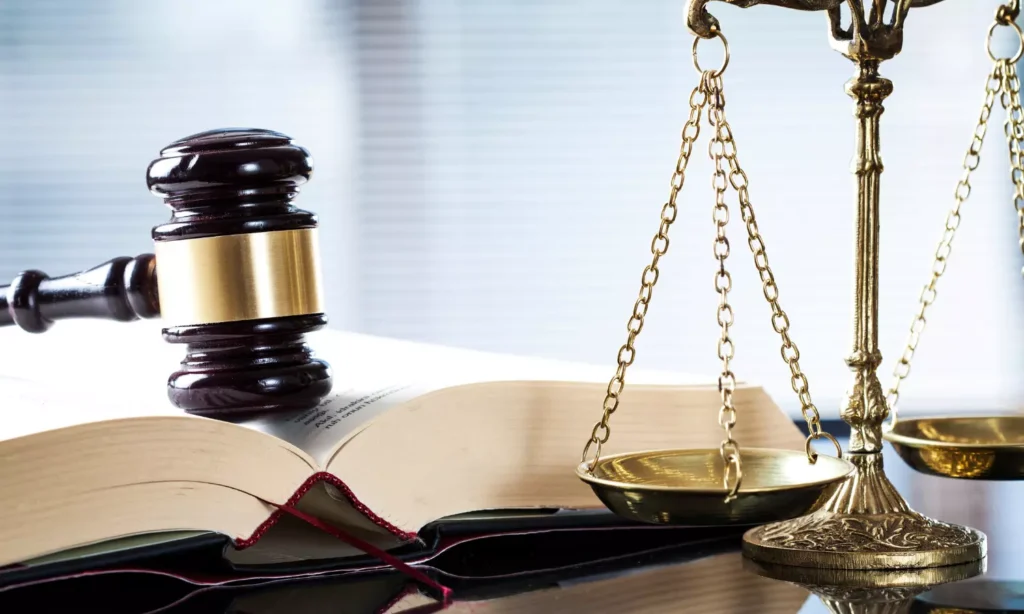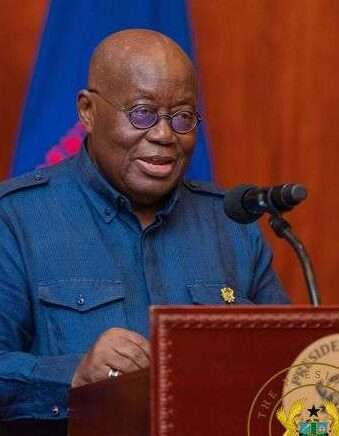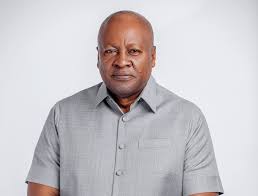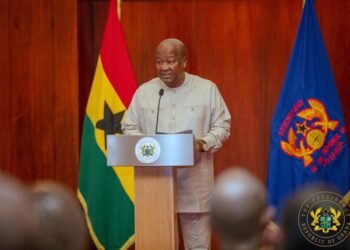Prof. Stephen Kwaku Asare has taken a firm stance against what he described as a gross misapplication of the prima facie standard by former President Akufo-Addo in a 2025 determination involving the Chief Justice.
The legal scholar and Democracy and Development Fellow at CDD-Ghana argued that the former President’s actions not only contravened constitutional provisions but also eroded public trust in Ghana’s judicial oversight mechanisms.
“A prima facie case refers to an allegation that, if assumed to be true, would warrant further investigation. It is not a final judgment or a finding of guilt.”
Prof. Stephen Kwaku Asare
In his view, the earlier ruling ignored this fundamental definition and instead set a dangerous precedent by requiring proof, interpreting the law, and defending the Chief Justice—functions reserved for an independent investigative committee under Article 146 of the Constitution.
He insisted that this episode, which has resurfaced amid renewed attention following President Mahama’s more recent and constitutionally grounded prima facie determination, deserves equal public scrutiny.
President Mahama’s decision to refer a petition involving the judiciary’s highest officer has reignited national dialogue about executive limits and judicial independence.
The controversy centers on the President’s role in determining whether allegations against a judge merit formal investigation.
Accordingly, Prof. Asare emphasized that the President’s function at this stage is strictly procedural.

The 2005 Supreme Court case, Agyei-Twum v Attorney-General, made this clear: the President does not adjudicate the merits of the complaint but merely decides whether it should be referred to a committee for full inquiry.
In contrast, the former President’s 2025 ruling did the opposite.
According to Prof. Asare, the former President “demanded more than credible allegations—he asked for proof,” and went on to “opine on the legality of the Chief Justice’s actions, defended her decisions, and interpreted the Constitution in her favor.”
By doing so, the former President effectively assumed powers constitutionally delegated to the Article 146(6) investigative committee.
Constitutional Clarity Demanded Amid Prima Facie Issues
Furthermore, Prof. Asare outlined some critical flaws in the former President’s approach, all pointing to a disregard for due process.
He noted that, unlike in the Charlotte Osei case—where petitioners were allowed to amend their submissions—the petitioner in the 2025 matter was denied any such opportunity despite offering additional evidence and witnesses.
This inconsistency, he argued, violates Articles 23 and 296 of the Constitution, which mandate fairness and equality in administrative action.

The petition itself, far from being speculative, contained detailed references: dates, a letter from the Chief Justice, named judges, and a proposed witness in Justice Senyo Dzamefe.
The language used by the former President also raised red flags. The petitioner was labeled a “self-acclaimed advocate” and accused of leaking the petition, all without evidence.
As such, Prof. Asare asserted that this dismissive and biased tone “betrays a lack of neutrality incompatible with the limited administrative role the President is to play.”
Rather than conducting an impartial procedural review, the former President’s response resembled a full defense.
He noted that President Akufo-Addo justified the Chief Justice’s controversial decisions and dismissed potential misconduct outright. This, according to Prof. Asare, violates the principle that serious allegations should not be buried without inquiry.
A Threat to Judicial Accountability
One of the most troubling aspects, Prof. Asare added, is the contradiction of judicial precedent in the determination of prima facie.
The President’s position that administrative actions like panel reconstitution or judge transfers cannot amount to misbehavior directly contradicts Agyei-Twum, which states that even administrative conduct, if abused, can ground a removal petition.
He also condemned the role of the Council of State, which advised against further action almost immediately and had a member refer to the petition as “stupidity.”
This, he argued, undermines the impartiality and credibility of a constitutionally mandated advisory body.
Importantly, Prof. Asare rejected the idea that the former President’s determination carries legal finality.

“Res judicata applies to final judgments rendered by competent judicial bodies after hearing both sides. This determination was neither judicial nor deliberative—it was an administrative screening marred by legal and procedural flaws. It binds no one.”
Prof. Stephen Kwaku Asare
Leaving the flawed ruling unchallenged, he warned, would signal that even grave allegations against top judicial officers can be swept under the rug.
This would deal a severe blow to constitutional democracy and the public’s faith in the rule of law.
In contrast, Prof. Asare commended President Mahama’s recent handling of a similar petition.
According to him, by referring the case after determining that it met the prima facie threshold, President Mahama “correctly embraces the constitutional meaning of that term: that credible allegations, if true, warrant investigation.”
This action reaffirms the President’s limited role and the centrality of fair process in safeguarding judicial integrity.
As the nation reflects on these contrasting decisions, Prof. Asare urged Ghanaians to heed the lessons of the past.
“We must draw the right lessons from the past—not merely to hold institutions accountable, but to ensure that constitutional safeguards are applied consistently and conscientiously.”
Prof. Stephen Kwaku Asare
Ultimately, he called on all stakeholders to resist the temptation of politicizing judicial matters and to allow “principle and prudence to guide our national commitment to judicial independence and democratic accountability.”
Ghana’s democracy depends on upholding principles over politics—especially when the judiciary’s credibility is at stake.
READ ALSO: GSE Trims Earlier Losses



















